In his first address as president of the Irish Natura & Hill Farmers Association (INHFA), Roscommon native Vincent Roddy said that it was not the role of the Climate Change Advisory Council (CCAC) to assess whether the suckler herd was profitable, but rather to assess emissions and their impact based on science.
Roddy discussed climate change and specifically proposals made by the CCAC to reduce the suckler herd due to its lack of profitability.
However, he queried its suitability to do so in pointing the finger of blame at the suckler cows, adding that its role should be "to assess emissions and their impact based on science and not whether the sector was profitable or not".
Revisit
He asked the CCAC to revisit this and provide an updated view based entirely on science.
Roddy stressed: “If this is done, I am confident that the suckler sector with its extensive farming systems will no longer be viewed as an ongoing threat in the battle against climate change.”
The Roscommon man pointed to the value of designated lands to the Irish economy, which he stated "based on the EU Nature Fitness Check is delivering €2.5bn each year that translates into €3,000/ha".
“Unfortunately for our farmers, the only payment available to them is €79/ha, but they have to join GLAS for this,” added Roddy.
Just transition
Continuing on the issue of climate change and proposals around a just transition, the INHFA president stated that there will be a cost to farmers as they aim to deliver on targets set for their sector.
Roddy maintained: “Costs will be seen through loss of agricultural output resulting in lower profits, additional regulation and additional labour costs.
“How do we know this? Because farmers operating on our designated habitats - namely SACs and SPAs - have lived with these costs for the past 20 years.
“Unfortunately, these farmers are still waiting for a just transition as they struggle with the 39 notifiable actions that undermines their farming activity and profit,” he added.
With regard to CAP, the new president reiterated the organisation's call for a full flattening of Pillar I payments through 100% convergence and a front-loaded payment to help support small holders.
Equal payment
He commented: “These policies will not alone deliver in terms of equal payment for the same conditions, but will also provide the best means of protecting to the greatest number of farmers.”
On Pillar II payments, he called for an annual budget increase of at least €250m to deliver an overall budget of at least €850m.
Roddy maintained that it is the minimum needed to deliver the required support for the suckler and sheep sectors, while also providing an adequate budget to facilitate and support all farmers looking to join the new agri-environmental scheme.
Build trust
In a direct plea to Minister for Agriculture Charlie McConalogue, who attended on the day, he emphasised the need to address the issues he raised and to help build trust within the farming community.
Roddy will lead a new team consisting of two new vice-presidents in Pheilim Molloy from Donegal and Micheal McDonnell from Mayo, along with Sharon Cosgrove from Mayo as national secretary and Hugh Gallagher of Sligo as national treasurer.
His election was ratified at the organisation's AGM which was held in Jacksons Hotel, Ballybofey, Co Donegal, last Thursday.




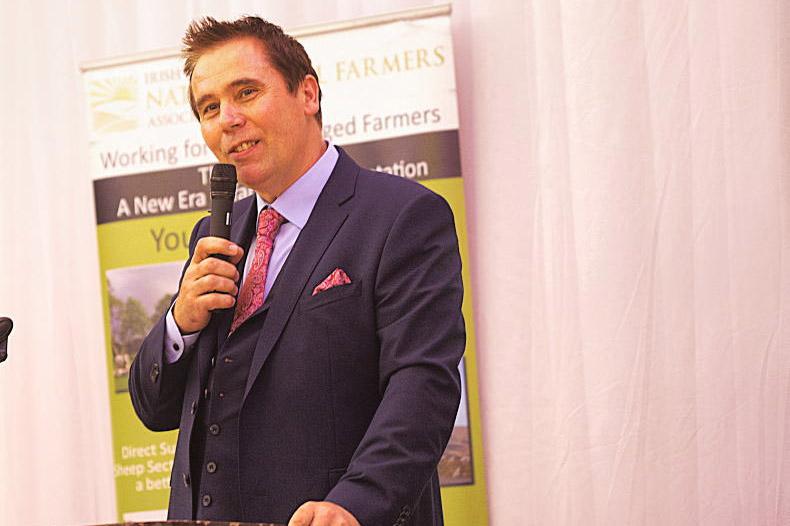
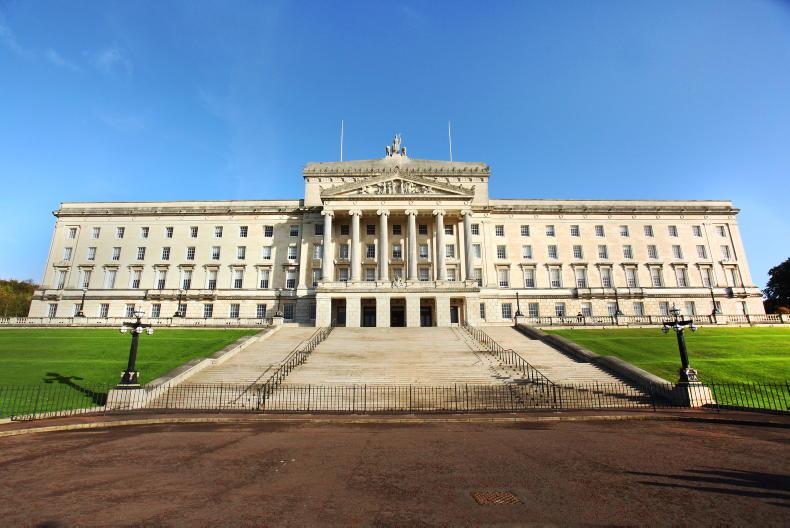

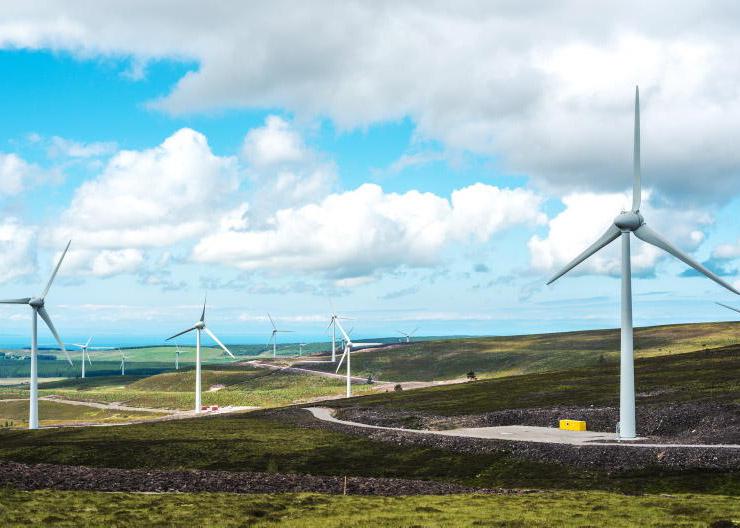
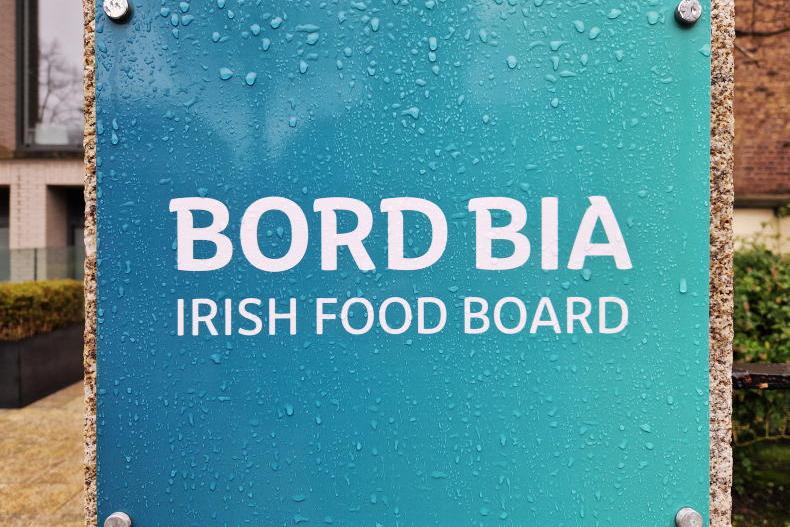
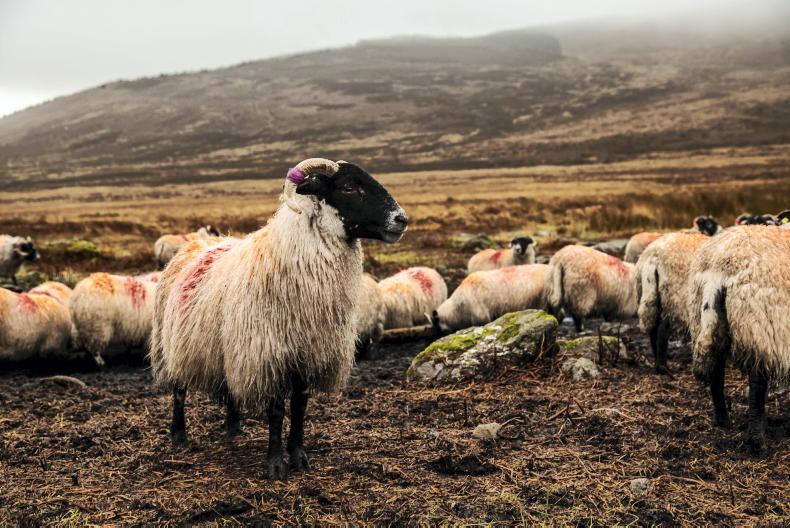
SHARING OPTIONS